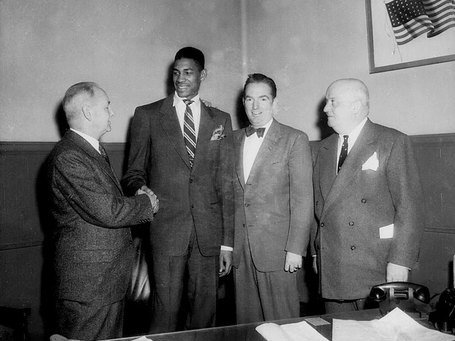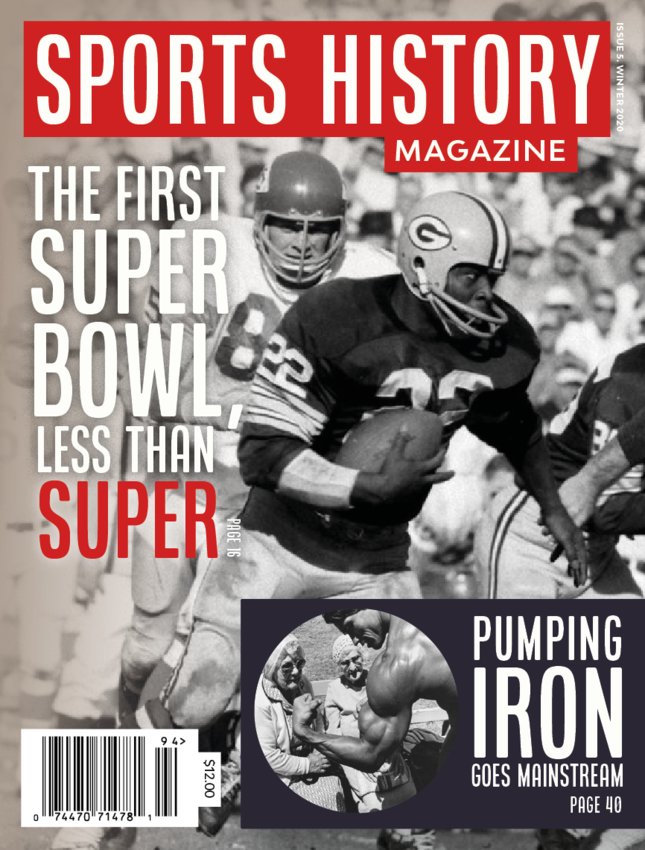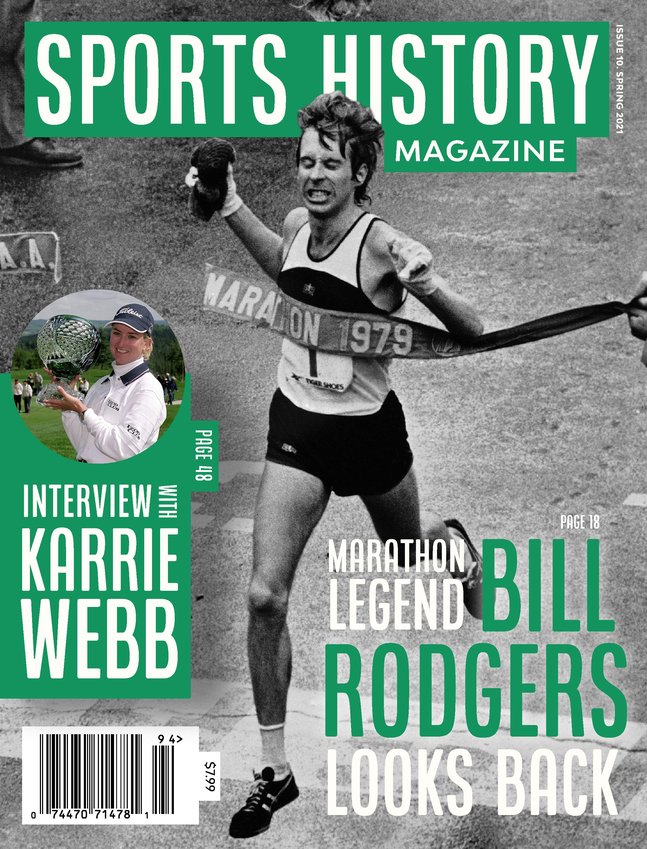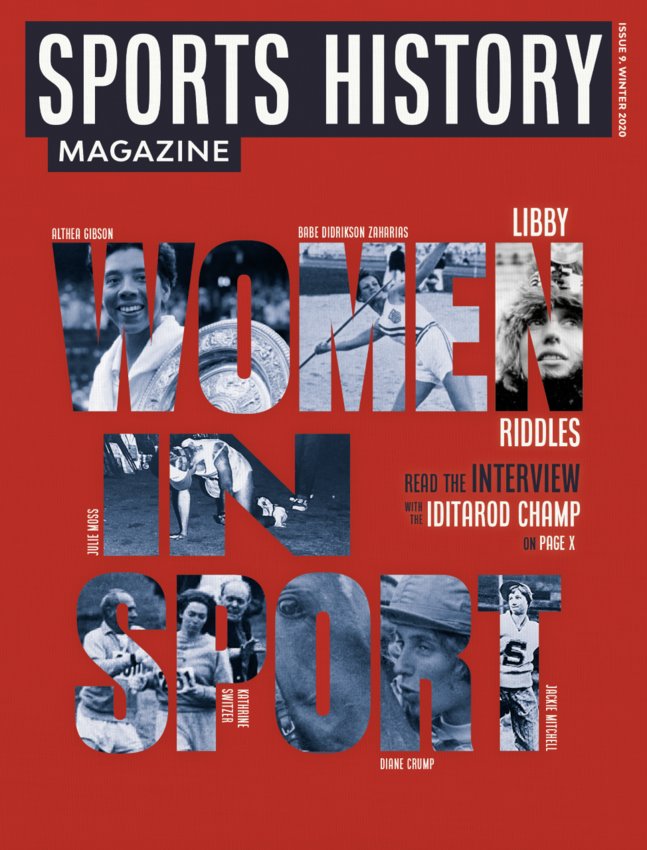The Extraordinary Life Of A Wheelchair Basketball Hero
Heroism, tragedy and rebirth shaped the extraordinary life of Junius A. Kellogg, a college hoops star who became a successful wheelchair basketball coach and ambassador of the sport following a car accident that left him paralyzed.
Most every reference to Junius Kellogg focuses on a basketball game that took place on January 16, 1951 at Madison Square Garden between Manhattan College and DePaul University. The 6’10” Kellog was Manhattan’s first African-American player and also the team’s top scorer.
Kellogg was approached by a fellow basketball player to influence the point spread of the match in exchange for a cash bribe. It was a mob-rigged scam and instead of going along, the upright young athlete who also feared for the loss of his scholarship, alerted his coach who suggested he contact the police.
Kellog then agreed to go undercover for the District Attorney’s office, touching off an investigation that led to the biggest scandal in the history of college basketball. The Virginia native helped blow the whistle on a game-fixing racket that involved 32 players and 7 schools across the country.
However, the date that really came to define Junius’ life was April 4, 1954. The college hero who twice led the Manhattan Jaspers to the NIT joined the Harlem Globetrotters when his promising career was cut short. He was a passenger in a car that was driving through Arkansas to a ‘Trotters exhibition game when the vehicle blew a tire and went tumbling off the road. Junius was sent into a coma and left with a fractured spine.
A veteran with a short stint in the army before college, he spent time recovering at the Little Rock VA but was then transferred back northeast to the Bronx VA. Paralyzed from the chest down and profoundly dispirited, Kellogg struggled with depression and was comforted and counseled by the Catholic Brothers who had taught him at Manhattan College.
Junius needed a new purpose and that “purpose” came from a polio survivor, Brooklyn-born Saul Welger who was among the first paraplegics to play wheelchair basketball.
Welger played for the Pan Am Jets, a chair-bound squad owned by Pan American World Airways. The Jets were part of the wheelchair basketball league that was founded in the late 1940’s as an athletic distraction and emotional rehabilitation for disabled veterans who returned from WWII.
Pan Am entered the league in 1952 after the company’s controller, John Woodbridge, sold the idea to management as a way of building the corporate brand and helping veterans and polio victims. He went further by recruiting players for jobs in accounting, computer support and reservations.
When the Jets’ first coach quit the team, Welger had an idea: Junius Kellogg. Welger had heard of Kellogg from the scandal, his outstanding play in college and his Globetrotter days. He frequently visited Junius, entreating him to become a coach. At first, Junius refused. He couldn’t admit that his legs would never work again. Finally, he said he would consider.
In November, 1956, the phone rang on the ward for Kellogg. It was Woodbridge, offering Junius the head coaching position with the promise of a job in accounting.
Junius Kellogg became the first African American coach in the history of wheelchair basketball. He was a natural. Three years later, he led the Jets to a national championship and followed-up as a goodwill ambassador for Pan Am.
He had a significant role in introducing the game around the world and along the way, helped write the rules for the sport. In 1964, he guided the U.S. team to a gold medal at the Summer Paralympics in Tokyo, Japan.
Junius died on September 16, 1998 and is remembered for more than just uncovering college basketball’s most notorious scandal. He showed the world that living with disability can open opportunities and create hope where almost none is left.
Submitted by Bruce H. Wolk, Author of the forthcoming book, “The Man Who Saved Basketball”, the biography of Junius Kellogg. www.brucewolk.com Email Address: bhwolk@comcast.net
Other articles enjoyed: College Hoops & A New York Legacy, A Defunct Team & The Greatest Sports Deal, Len Bias: A Legend That Might Have Been, Before Golden State, The Philadelphia Warriors










